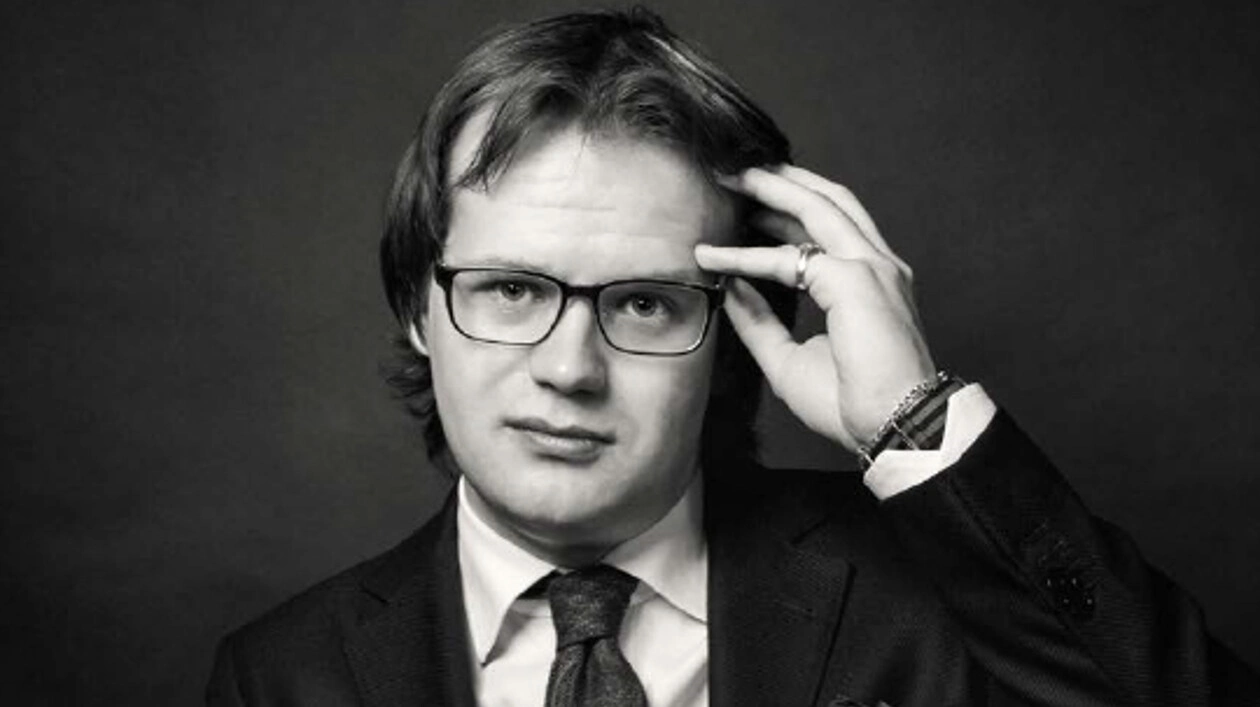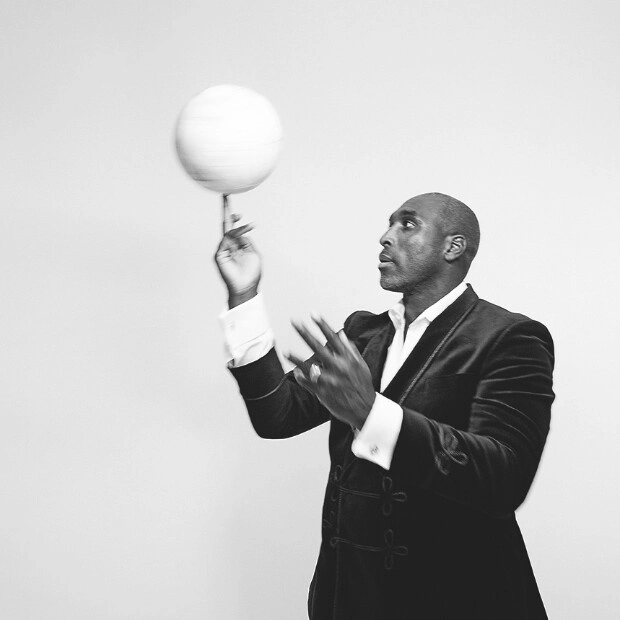The history of mankind is inevitably connected to gold. Its magic is multiple and contradictory, starting from the absolute metaphor of light for ancient Greeks 'the light shining brightly in the night', then the image of eternal 'sensual summer for poets' up to the burning abyss where 'souls are dying for metal'. No doubt that gold is money. And like thousands of years ago all roads lead to the country called 'timeless', or 'golden' more often than any other empires. Our columnist Vadim Veterkov is 'sailing to Byzantium' thinking of mysterious ways of economic, political and moral dilemmas are solved. And about the eternal dispute of what or to whom money should serve.
Byzantine Emperor Anasatsius the First was nicknamed Unholy by Christian writers for his adherence to Monophysite heresy and Dicorus (two-pupiled) for his heterochromia by other citizens. He didn't get any nickname for his tax policy though it was quite notable at least for abolishing the main Byzantine tax Chisargire which was taken from artisans and traders in gold. It was a very unusual decision for the 'Romaioi' Emperors.
The Byzantine Empire as we know didn't consider itself to be any kind of 'Byzantine'. After the Emperor's insignias were sent from Rome to Emperor Zeno, Anastasius' predecessor, Emperors of Constantinople decided that they were full-powered Emperors of Rome and Italy and didn't call themselves any other way anymore. Their self-dignity feelings didn't suffer from the fact that their power over territories of Rome and Italy was just formal because they had their own original understanding of the word 'Empire'.
Byzantine people were the direct successors of Roman and Antique culture therefore they hardly understood what map is and what it is useful for. 'Polis' for them was not some territory but kind of a net of flows. Money f lows mostly. So losing the territory for Empire meant first of all losing money, not the geographic prestige. Emperor didn't consider himself to be the governor of lands as his Roman predecessors did and didn't consider himself to be a God reigning these lands as they did. He was a Christian people's defender, viceroy of god, and since in a long perspective all people were supposed to become Christian, territory as a fact of a minor significance wasn't taken into consideration. If the world is inhabited by Christians reigned by Christian Emperor then what's the use of wasting energy on building the extra border lines? It was quite a brave idea that stepped much forward than the brave dream of Alexander III of Macedon about the single oecumene. That was the point where disputes with neighboring states governors began because they for some reason considered the territorial question to be of some importance. But Byzantines were quite persuasive giving those governors their titles (prestige and sometimes specially created) which became then a matter of boasting for those governors, and what was more important Emperors gave gold with titles.
When Theodosius II after a couple of not successful for him encounters sent his embassy to Attila, Emperor already knew that his army most probably won't stand the direct battle with Huns. There were technological and domestic reasons for it. Huns had a big armed by the heavy bows cavalry army and the Eastern Empire could provide just its well-trained but slow infantry and some small number of heavy cavalry cataphract. And those second would have been turned into galloping hedgehogs by the armor-piercing arrows of skilled Huns. And a complication, earthquake destroyed the walls of Constantinople. Therefore, Emperor wiped sweat from forehead with his purple mantle's sleeve and acted the way his Roman predecessors couldn't imagine in a worse nightmare, he bribed Attila with six thousand of golden pounds and promised to pay in future two thousand and one hundred yearly. Financial decision of the problem worked out, Huns went aside to conquer the Western Empire leaving Byzantium alone.
The payment sum was tremendous for those times impossible to handle for a normal state. But Byzantium had its secret helping it to be one of the richest states for the whole one thousand years of its history except of latest period, it had its extraordinary developed tax system. Emperors grabbed money from everyone and everything for any small reason. The other European feudal governors took taxes too but did it not regularly and for important reasons: weddings, funerals, building cathedrals or bridges, wars… Byzantium successfully changed people for gold all of the time. That was the reason the state understood itself as a state, here are people, they pay taxes, taxes go to treasury. Treasury pays army so that after the war more people could pay taxes. As a result, we have an Empire. What are Empire's borders? Empire's borders never end.
The most outstanding surprise was that people of Byzantium were almost satisfied with this state of things. No nation protests, impressive for those times social mobility, strong bureaucracy compensated all in all the discomfort caused by taxes. To paraphrase Apostle Paul 'no Ellin, no Jew, but a tax item'.
This state of things formed a special political system of Byzantium Politeia. Carl the Great's and his successors' propaganda agents drew the image of Byzantium as a theocratic obscurant dictatorship crazy about religious and spiritual points full of corruption and frightening its own people. It won't be a mistake to suppose that the new 'Holy Roman Empire' of the German nation would had have been for those propagandists the bright source of progressive feudal multicultural and civil freedoms such as the right of rich feudals to cut peasants' heads and the right of the rest of peasants who survived to die of hunger. But Politeia was a very sophisticated political project based on the national solidarity. It ignored formal institutions with their direct interests' conflicts and developed its own system of the political rights of its citizens which naturally fitted in the structure of Byzantine society and included the right for riot, demand to Emperor for taking care of his nation's benefit (quite a significant political innovation at that time) and many other things. Actually, Byzantine Politeia was a direct continuation of the Roman republic even if less formally contoured (same as its geographic borders), even corruption in this system was rather comforting the contradictions power than social evil. Payment for this comfortable state structure was the necessity to give taxes.
Same propagandists reproached Byzantium for hypocrisy and cynicism. But Byzantines were the first to realize the price of money. They don't serve to satisfy the vanity of Emperors and to enhance the greatness of state, neither it is valuable itself. Christian Byzantium quite early concluded that effectiveness of spending money is in saving people. It is true that people easily convert to gold, but the truth is that gold easily converts to people. To lose gold but save lives of soldiers and civilians was a common rule of Byzantine diplomacy.
Of course, the main enemy of Empire who was destined to break the Byzantium's neck couldn't agree with this state. Repubic of Venice and its governor blind Enrico Dandolo always knew that there is nothing more important than money. Venice formally was Republic but too often for a republic was suppressing revolts in its continental domains, terraferms. But it didn't embarrass nor Venice's merchants neither Venice's aristocracy.
That's why Venice is a queen of merchantry. When bribed by doge crusaders of the fourth crusade burnt Constantinople de facto putting the end to the seven hundred years old Byzantium Venice's point of view celebrated its glory for a long time. Almost eight hundred years will pass till the moment when people will start to tell that gold should serve citizens not vice versa. But the dispute is still going on.






